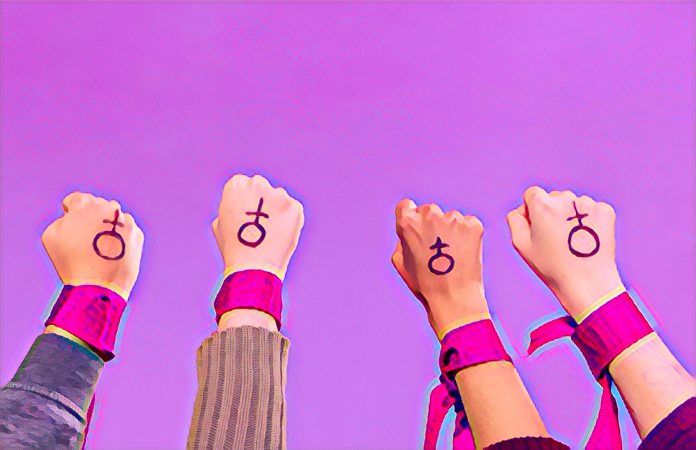KEY POINTS
- Historical events like the Aba Women’s Riot laid the foundation for Nigerian feminist movements.
- Modern activism, amplified by digital platforms, faces both support and cultural resistance.
- Bridging traditional values with gender equality discourse is crucial for progress.
Active feminist movements are expanding throughout Nigeria while demanding equality between genders.
The increased feminist movement has caused diverse reactions across different social groups demonstrating how cultural traditions interact with equality demands.
Historical roots of Nigerian feminism
The foundation of feminist movements in Nigeria can be traced back to the early 20th century.
Thousands of Igbo women participated in the Aba Women’s Riot of 1929 against colonial taxation policies, thus becoming one of the first major collective women’s actions in Nigeria.
The riot demonstrated how collective organized female action can successfully fight oppressive institutions.
In the 1940s, Funmilayo Ransome-Kuti took leadership of the Abeokuta Women’s Union (AWU) which became another significant achievement in the history of social movements.
AWU conducted a successful campaign against unfair taxation while fighting political disenfranchisement. This triggered important social policy changes that motivated Nigerian feminists who came after them.
The modern resurgence of feminist movements
The modern-day feminist movement in Nigeria advances because of online platforms alongside international discourse about women’s rights.
Through its establishment in 2008, the Nigerian Feminist Forum (NFF), successfully brought feminists together to tackle problems stemming from gender-based violence, political inequality and economic disparities.
Also, the #EndSARS protests of 2020 received key support from feminist organizations who focused their efforts against police brutality.
During that time, the Feminist Coalition took charge of resource organization and voice amplification, which showed that feminist activism was deeply tied to general social justice activism.
Societal reactions: support and resistance
The rise of feminist movements has been met with mixed reactions within Nigerian society.
Support for feminist ideas has been increasing among Nigerian youth and urban dwellers, who agree with both equality demands and human rights principles.
Public figures like Chimamanda Ngozi Adichie have advanced the feminist discourse both through creative writing and public appearances.
Conversely, resistance persists, rooted in deep-seated cultural, religious, and patriarchal beliefs.
Some Nigerians find feminist principles in opposition to traditional Nigerian cultural values which results in negative public responses toward feminist leaders.
For instance, through her outspoken nature, Adichie has experienced opposition because society remains in conflict between progressive thinking and established traditional standards.
Challenges faced by feminist movements
The Nigerian feminist movement faces multiple obstacles while expanding its impact across the nation.
Cultural and religious opposition
Traditional beliefs frequently produce opposition with feminist ideas, thus creating public resistance.
Misinformation and stereotypes
Public misunderstanding of feminist practices results in misconceptions which trigger activist stigmatization.
Legal and political barriers
The attempt to pass gender-friendly policies encounters strong opposition during legislative sessions when bills to support women’s rights fail to gain approval.
The path forward: fostering dialogue and understanding
Nigerian feminist movements must create dialogue between established tradition and modern gender discussion to establish lasting change.
Gender equality benefits can be promoted through open discussions between community leaders, religious figures and policymakers.
Educational initiatives that highlight the historical contributions of women and the importance of equality can also reshape perceptions.
Activists who anchor feminist principles within Nigerian cultural stories will encounter less opposition, while helping build an equitable society.



